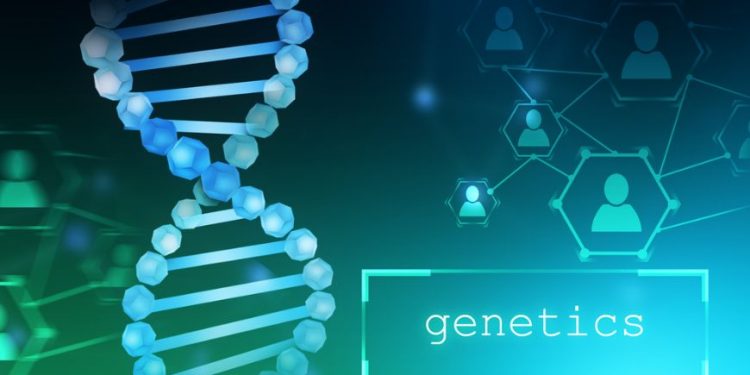Autosomal recessive diseases are a group of genetic disorders that are caused by mutations in one or more genes. Most of these diseases are passed down through both parents’ chromosomes. They include Tay-Sachs disease, cystic fibrosis, and sickle cell disease.
The symptoms of autosomal recessive diseases depend on which gene is mutated and how the mutation affects the gene function. In some cases, the mutated gene is called an “allele.” When an allele is mutated, it cannot function normally. In other cases, the gene can function normally but may have an altered chemistry or biochemical activity that causes a symptom or health problem.
Symptoms can vary widely, depending on the gene that is mutated and whether it is on a sex or non-sex chromosome. Some people with a mutated gene on a sex chromosome have no symptoms, and others have a variety of physical, mental, or social problems related to the abnormality.
Some of these symptoms can be very serious. They can cause health problems such as heart failure, brain damage, or kidney damage. Some can even be fatal.
There are many different types of autosomal recessive diseases, so it’s important to know which ones you and your family members may be at risk for. Some of these conditions are more common than others, but all of them can affect your family.
Sickle cell anemia is a very severe blood disorder that can lead to many complications. It is much more common in African-American people and causes red blood cells to become stiff and sticky. These cells make it hard for oxygen to travel in the blood.

Other conditions that are caused by a mutated gene on one of the first 22 nonsex chromosomes include phenylketonuria (PKU), cystic fibrosis, and autosomal recessive polycystic kidney disease (ARPKD). These disorders can cause severe health problems when they start in childhood or adolescence.
Some of these conditions are very rare, and people who are born with them are usually not aware they have the condition until they are older. However, other conditions can be more obvious, such as those that affect the skin.
Presymptomatic genetic testing can help determine if you and your family are at risk for an autosomal recessive disease. Often these tests are available in panels that test for over 150 different diseases.
These tests can also be used to detect early-onset conditions. These types of tests can tell you if your child will be able to have children, and how likely it is that they will have a baby with the disorder.
If you have a family history of autosomal recessive diseases, you may be referred to a genetic counselor for more information. They can help you decide if the risk of having a baby with the disorder is low enough to be acceptable for you and your partner.
Some of these tests can also tell you if you and your partner are carriers, which means that they have one normal copy of the gene and one copy of the abnormal gene. If you are a carrier of an autosomal recessive disorder, you and your partner have a 25% chance of having a baby with the disorder if you get pregnant.









